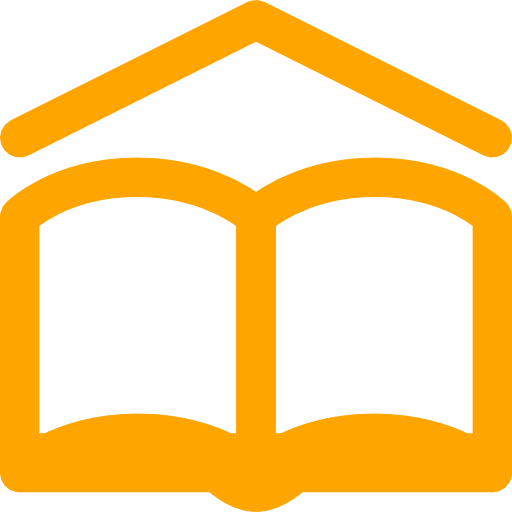Раскройте скобки, употребляя Present Participle ИЛИ Perfect Participle.
1. (to write) out all the new words, I started to learn them.
2. (to live) in Kyiv, he was able to see all the ancient monuments.
3. (to hear) my friends voice, I left the room to open the door.
4. We went home, (to look) through the documents.
5. (to drink) coffee she was talking to her friend.
6. (to go) down the street, the boy was looking back from
time to time.
7. (to throw) the ball, the little girl ran home.
8. I think that the man (to stand) there is her father.
9. (to buy) food, they left supermarket.
10. (to know) French well the pupil can translate this text.
11. She entered the room (to smile).
12. (to see) the stranger the dog began barking.
13. (to bark) dog doesnt bite.
14. (to find) the keys, we were able to open the door.
1. (Having writene) out all the new words, I started to learn them.
2. ( living) in Kyiv, he was able to see all the ancient monuments.
3. ( hearing) my friends voice, I left the room to open the door.
4. We went home, (having looked) through the documents.
5. ( drinking) coffee she was talking to her friend.
6. ( going) down the street, the boy was looking back from
time to time.
7. (having thrown) the ball, the little girl ran home.
8. I think that the man ( standing) there is her father.
9. (Having bought) food, they left supermarket.
10. ( knowing) French well the pupil can translate this text.
11. She entered the room ( smiling).
12. ( seeing) the stranger the dog began barking.
13. (A barking) dog doesnt bite.
14. (Having found) the keys, we were able to open the door.



